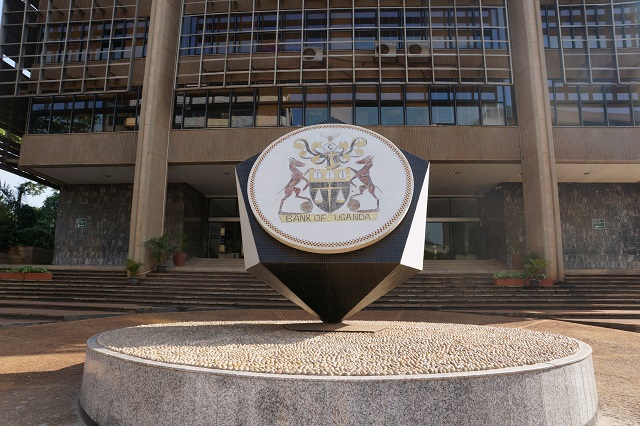
Kampala, Uganda | THE INDEPENDENT | The Bank of Uganda has warned of strong penalties in new regulatory measures, against telecommunications and financial service companies that violate competition and pricing rules.
In the draft Fair Competition law, the industry regulator says unfair competition practices are stifling the growth of the digital cash economy, with some big companies teaming up to frustrate new and upcoming ones.
So far, the Bank of Uganda has licensed 26 financial technology companies (Fintechs), with the majority of them coming over the last three years since the implementation of the National Payment Act began, placing digital transaction like mobile money under the control of Bank of Uganda.
This is aimed at enhancing financial inclusion by enabling faster spread of formal financial systems and also lead to better pricing and services through competition.
However, Mackay Aomu, BOU Director National Payments, says there are large companies that have formed a cartel to deny new and smaller ones easy access to the market since they control most of the infrastructure and other advantages.
He says when the law comes into place, it will bite with heavy penalties.
This is one of the ways the said large companies have managed to keep the costs of communication, innovation and transactions high, according to Aomu.
He told a forum for bankers, telecoms and fintechs on new trends and challenges in the digital payments and collections business, that while the government had tried to make transactions cheaper, there are many challenges affecting the efforts.
He says the two top fintechs, MTN and Airtel admit keeping the mobile money withdrawal charges high to ensure the money does not leave the system, hence encouraging digital transactions.
The position has been supported by the government which slapped a 0.5 percent tax on withdrawal charges five years ago.
Dr Amina Zawedde, the Permanent Secretary at the Ministry of Information and Communication Technology and National Guidance, said it is important to take a hard stance if the country is to achieve a cashless economy status.
She gave an example of when she rejected pressure to pay cash over 1,000 people who had been contacted to collect data on Ugandans at the parish level for the PDM.
According to her, she gave them a condition that they wither submit mobile money or bank account details, and it was not until this was done that she released the payment.
She, however, urged service providers to offer services with the financial status of the majority of Ugandans in mind, especially the cost of gadgets.
The digitization of the financial industry in Uganda is considered to have begun in 2000 when the first ATMs were introduced in the country.
At that time, each ATM Card was configured to be acceptable at one particular machine even if a bank had several machines.
Justifying how much the banks have done on the road to digitization, Roselyn Najjuma, Head Transaction Banking said they are now moving towards instant electronic bank transactions, but added that regulation was still posing challenges.
On the part of the government, she said the government is working to ensure cheaper access to internet services, adding that they will soon implement a five-year Digital Transformation Roadmap to answer to most of the challenges.
Financial and billing solutions company, Pegasus, provides most of the payment solutions for fintechs in Uganda.
The Managing Director, Ronald Azairwe, blamed the low use of digital cash is partly due to the mindset of Ugandans, but also the delays encountered by service providers who accept payment by cards.
Azairwe also blamed the telecom companies for the high costs of transactions especially, which he said add up to 3 percent of the cost of a service when paying for it digitally. All these, according to him, make Ugandans prefer to transact in cash.
BOU’s Mackay Aomu is sure that when the establishment of a national switch system, now at the bidding stage, will go a long way in bringing the costs down because the centralized switch system will be controlled by the bank of Uganda.
*****
URN
 The Independent Uganda: You get the Truth we Pay the Price
The Independent Uganda: You get the Truth we Pay the Price



